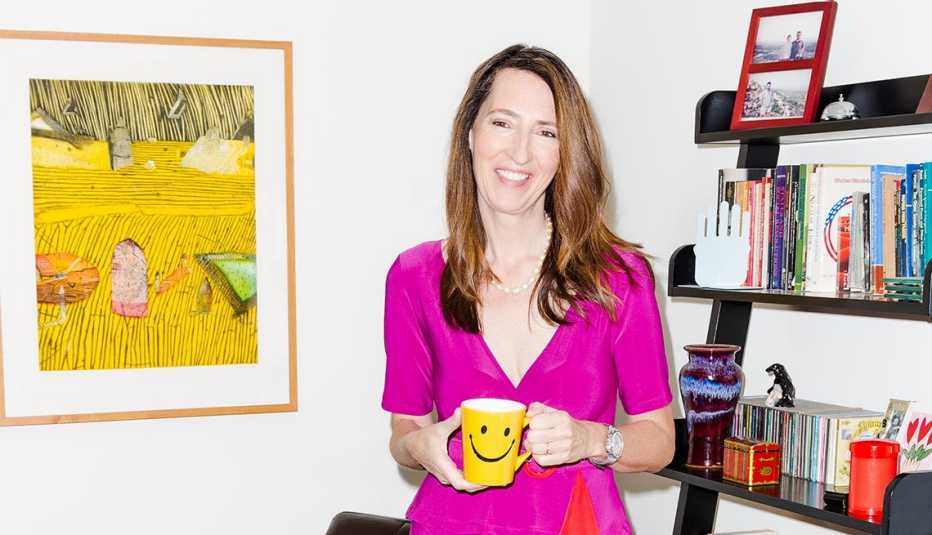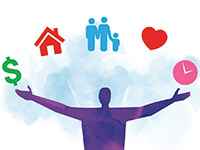AARP Hearing Center


Happiness can mean lots of different things to different people. What do you think is the biggest misconception?
That it's all about pleasure and feeling good. Happiness is a lot more than that. It's about engagement and meaning and progressing toward your goals.
Why is that so important?
People who are happy accrue a lot of positive outcomes. They're healthier, more creative and have better relationships. Happy people are not as self-centered as unhappy people. They're more generous and other-focused.
Would getting rich make me happy?
It might if you're poor. But if you're already comfortable, it won't make you as happy as you think.
Get the latest tips on protecting your health — AARP Health Newsletter
Why not?
Some research suggests that it's not having money that matters; it's how you spend it. If you're spending your money on helping others or on experiences like taking your friends out to dinner or learning new things, that can make you happy.
Does happiness have a correlation with age?
People get happier as they get older. The least happy are probably teenagers and people in their 20s. We get happier at midlife, but the peak is, depending on the study, around 65 or 70.
Why the arc?
One Stanford researcher has a theory that older people are, in a sense, emotionally wiser. They know what makes them happy, which often means spending time with people who make them happy. When you ask younger people who they'd have lunch with, if they could invite anyone, they're more likely to choose a celebrity. Older people will say "My sister."
The World Happiness Report recently ranked Denmark as the happiest country in the world. One of my colleagues did a study showing that the Danish had relatively low expectations. Maybe that's why they're happier.


































































More on Health
Eat Healthy at These Fast-Casual Chains
Our dietitian lines up the best food choices at Chipotle, Panera and other popular restaurantsBreaking Insomnia’s Grip
Our writer finds new ways to nod off and end the no-sleep cycleDoes Your Own Life Need a Coach?
Consider hiring an expert to motivate you